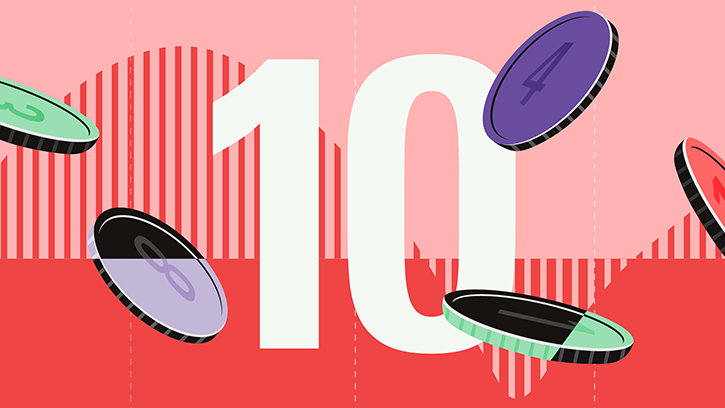MSCI Russia
Russian corporates this has been a terrible year, though it began with a moderately successful Winter Olympics in Sochi, this was immediately followed by the annexation of Crimea and the fighting in Eastern Ukraine - though Russia continues to deny that its troops are involved there, explains Morningstar’s Director of Research Jeremy Beckwith.
“Western sanctions have done little to hurt Putin and the Russian state directly but they have been far more effective at damaging Russian companies. This has been because many Russian companies have in recent years been building exposure to foreign currency debt from Western banks, and these banks have been forced by dint of the sanctions, not to roll over existing debt as it matures. This leaves these companies scrabbling around for foreign currency at a time when no one is prepared to provide it to them,” he continues. “The Russian government may be able to provide some of this, but the risk is that default by Russian companies on their foreign currency debts are near. The second half of the year saw Russia’s key commodity export, oil, halve in price, and the outlook for the Russian export earnings is very poor in the short term. The rouble has fallen sharply , providing further losses for international investors in Russian equities.”
Morningstar Energy Commodity
“In the summer Brent oil had been trading in a narrow range between $100 and $125 for three and a half years, and most investors and oil company executives assumed that to be the “natural” price for oil,” said Beckwith. “However the second half of the year saw the oil price halve as demand slipped with a weaker economy and supply was boosted by rising production from US Shale production, and OPEC unprepared to cut output. Now most commentators see little reason to believe that the oil price will bounce back meaningfully. This means that many new oil projects which previously had been expected to be profitable are now expected to be lossmaking – share prices of the smaller companies which are typically exposed to a small number of such projects have reacted accordingly.”
MSCI Portugal
The MSCI Portugal Index measures the performance of the large and mid-cap segments of the Portuguese market. With just four constituents, the index covers approximately 85% of the free float-adjusted market capitalisation in Portugal. These constituents are energy and banking stocks. In July Portugal’s second-largest bank, Banco Espírito Santo suspended the trading of shares. The bank’s share price fell 20% in one day following a downgrade in its credit rating. This jolt to the market had a wide-spread effect prompting fears of a second banking crisis and causing the market as a whole to falter.
Athens Exchange Athex Composite
The Athex Composite plateaued for the first half of the year, but has steadily declined over the past six months – losing 26% year to date. Among the biggest fallers are energy and utility stocks. Losses in the Greek stock market have dragged down the European average for 2014. Recent uncertainty surrounding politics in Greece has added to stock market woes, as the Greek parliament has twice failed to secure the necessary votes to elect a new president.
If the parliament fails again the country will be forced to call an election which would derail the austerity plans and Greece’s economic recovery.
MSCI Austria
The MSCI Austria Index measures the performance of the large and mid-cap segments of the Austrian market. With seven constituents, the index covers approximately 85% of the free float-adjusted market capitalisation in Austria. The stock market has fallen steadily from the beginning of the year to mid-October, and then made significant gains over the next month. However these gains were then lost in the month of December.





























